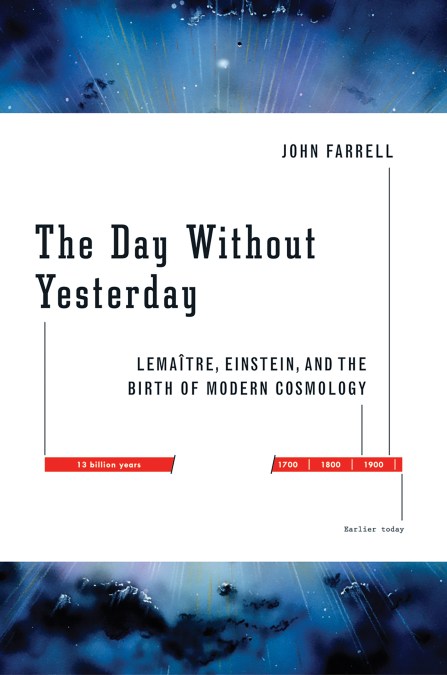Fiction
I only recently read American Gods (I know, I know!) and of course loved it. (I was late to the party but at least I read the "author's preferred text.") My brother's favorite book by Gaiman is Neverwhere, and I'll get there, but I grabbed this nice collection of stories and poems at Bookmans and am about halfway through.
This is the third in the Locked Tomb Series. The trilogy was recommended by my oldest kid and by my favorite author, Alix Harrow. I've just started and am confused, which is completely normal and exactly what the author intends. As a colleague at PLOS wrote on our scifi/fantasy Slack channel, "the books are emotionally and cognitively demanding." I finished the second book, Harrow The Ninth, a couple weeks ago but one reason I started reading Fragile Things was to give myself a break before diving into Nona. Harrow was intense.
Tomorrow, and Tomorrow, and Tomorrow by Gabrielle Zevin
Recommended by colleagues on the aforementioned Slack channel and in a great review at NPR. Plus, as a bardolator I am doctrinally obligated to read a book with a title like that. I'll start this after Nona (and after a suitable recovery period), probably late in April.







